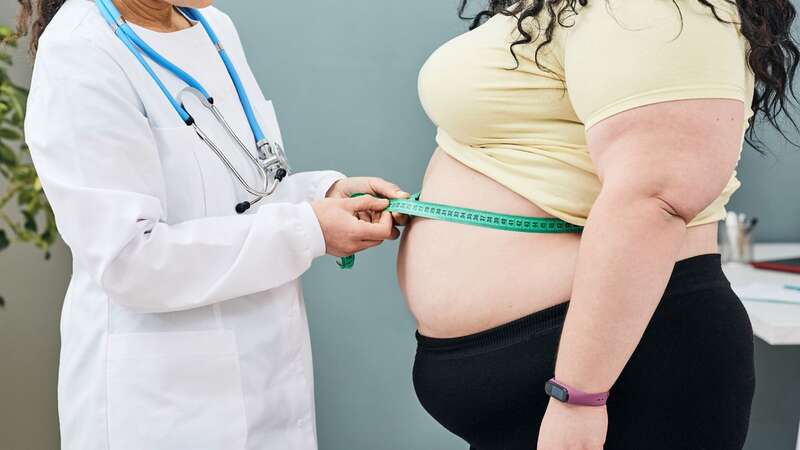
Obesity has different causes in men and women - and therefore needs different solutions, experts have suggested.
A new study has revealed that the bacteria in our gut can mean the difference between leanness and health and higher BMI, fat mass and waist circumference. They also discovered that the bacteria causing obesity was completely different in men and women.
The gut microbiota consists of a complex community of microorganisms, bacteria, viruses, fungi and protozoa, which inhabit the gastrointestinal tract. Disruption in this community significantly affects metabolic health and influences the risk of certain diseases, including obesity.
However, it is still unclear which species represent a greater or lesser likelihood of developing obesity, as well as the impact of these species on our metabolic health. The research, to be presented at this year's European Congress on Obesity (ECO) in Venice, Italy, set out to uncover how these microorganisms are involved in the development of obesity.
To do so, the team studied stool samples from 361 adult volunteers in a randomised trial examining the relationship between genetic variants and the response to a low calorie diet. All of the participants were then classified into categories based on an obesity index. Genetic microbiota profiling was done to identify the different types, composition, diversity, and relative abundance of bacteria present in stool samples of the participants.
 18 expert hacks to help you lose a STONE in just one month
18 expert hacks to help you lose a STONE in just one month
The analysis revealed that individuals with a high obesity index had significantly lower levels of Christensenella minuta-a bacterium which has consistently been linked to leanness and health. In men, greater abundance of Parabacteroides helcogenes and Campylobacter canadensis species-were strongly associated with higher BMI, fat mass, and waist circumference.
Whereas in women, greater abundance of three species-Prevotella micans, Prevotella brevis and Prevotella sacharolitica-were highly predictive of higher BMI, fat mass and waist circumference, but not in men. Through further testing with blood samples they discovered that there was variation in abundance of certain metabolites - the end product of metabolism - in obese participants.
The researchers therefore conclude that men and women need different interventions to help prevent obesity. Dr Paula Aranaz from the University of Navarra in Spain said: "Gut microbiome composition, specifically higher levels of the Christensenella minuta bacterium, appeared to protect against obesity.
"Whereas the species that influence the risk of developing obesity appear to be different between the sexes and interventions to help prevent an obesity-favourable microbiome may need to be different in men and women. Further research is needed to better understand when the switch to an obesity favourable gut microbiota may take place, and therefore the right timing for possible interventions."
She concluded: "We hope that this study demonstrates that using metagenomics in combination with metabolomics enables researchers to study the mechanisms involved in the development of metabolic diseases such as obesity with a high degree of confidence. This novel, broader approach could help to develop nutritional precision strategies for weight loss that modify the presence of specific bacteria strains, or the levels of bioactive molecules."
Read more similar news:
Comments:
comments powered by Disqus

































